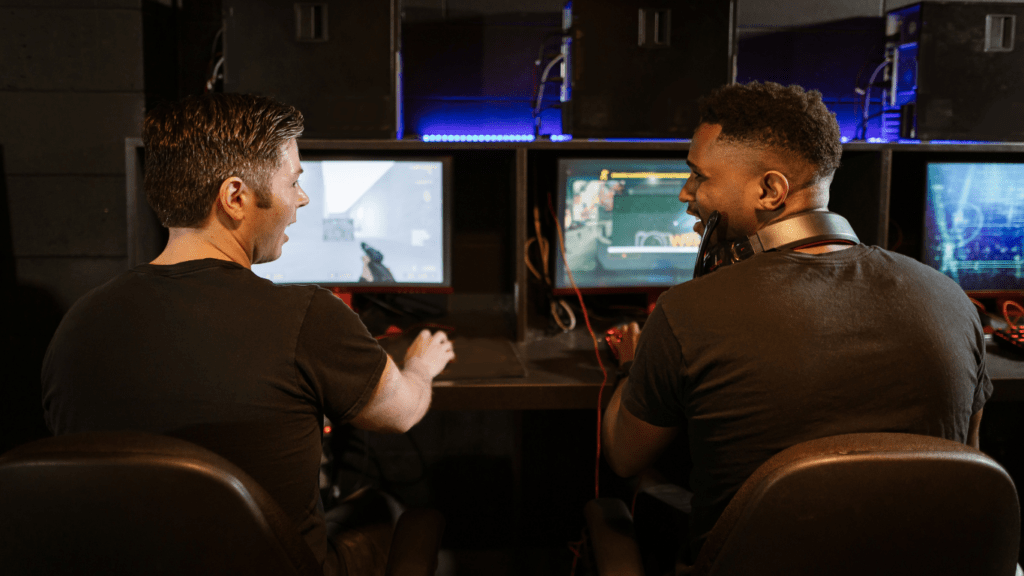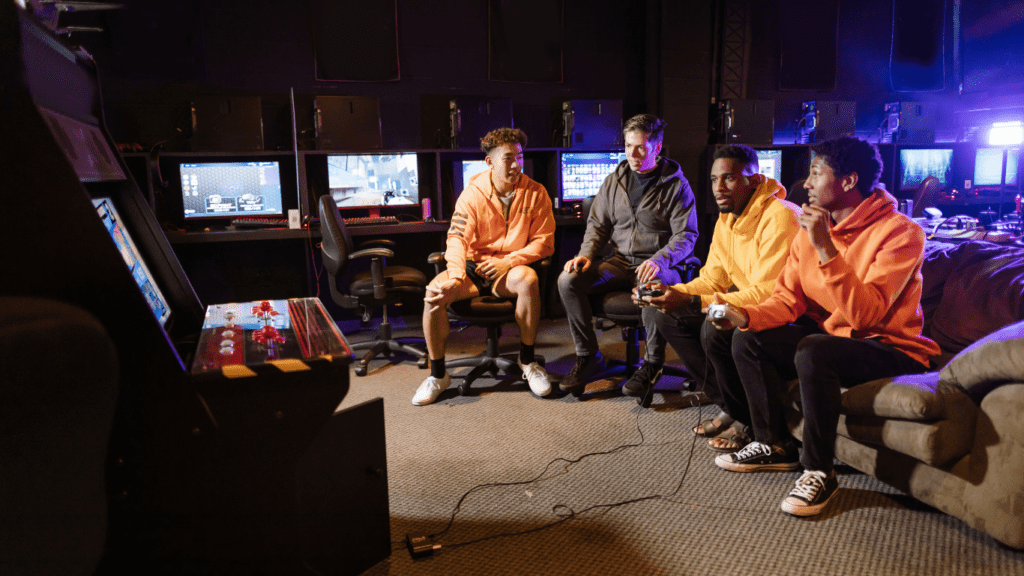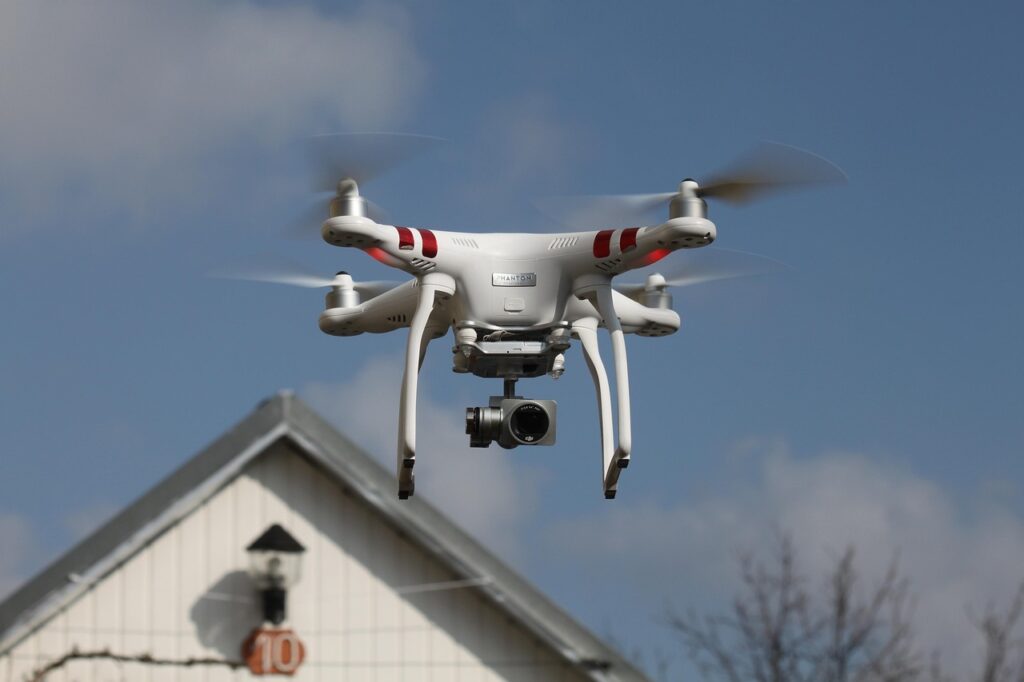Understanding Esports Teams
Esports teams resemble traditional sports teams in structure and functionality. They consist of:
- players
- coaches
- analysts
- managers
Each member contributes to developing strategies and enhancing team performance. Star players, those with high skill levels and game knowledge, often lead teams. They provide insight and direction during gameplay. Coaches play a crucial role, offering guidance, identifying weaknesses, and refining strategies.
Analysts focus on studying opponents and game trends. They review match footage and generate reports to inform strategic decisions. Managers handle logistics like scheduling practices and managing team events. Their work ensures players can focus on training and competition.
Team dynamics impact success. Clear communication, mutual trust, and defined roles foster effective teamwork. Teams excel when they combine individual talent with cohesive collaboration. This is crucial in high-pressure environments like major esports tournaments.
The Importance of Training
Intense preparation is crucial for success in major esports tournaments. Training focuses on honing individual skills and fostering effective team collaboration.
Developing Skills and Strategies
High-level performance in esports requires constant skill refinement. Players practice extensively, often clocking over 40 hours weekly. They drill mechanics specific to their game, such as aiming precision in shooters or strategic decisions in MOBAs. Coaches and analysts develop tailored strategies by dissecting opponents’ gameplay and studying current meta trends. This allows teams to adapt rapidly to new patches and stay competitive.
Building Team Chemistry
- Solid team chemistry enhances in-game performance.
- Regular team-building exercises strengthen communication and trust among players.
- Scrimmages against other teams simulate tournament conditions, allowing players to practice coordination and role execution.
- Open discussions ensure everyone’s voice is heard, addressing any interpersonal issues proactively.
- This collaborative environment helps teams remain cohesive under pressure, a key factor in achieving success in major tournaments.
Training Methods and Techniques
In esports, training methods are crucial for success. Players and teams adopt various techniques to enhance their performance for major tournaments.
Individual Player Training
Each player’s development focuses on refining skills. They engage in intensive, daily practice sessions to perfect game mechanics and reaction times. Streamed gameplay and video reviews identify areas for improvement. Players also study top-tier competitors’ playstyles to broaden their own techniques. Fitness and mental health form part of their routine, as maintaining focus and resilience directly impacts in-game performance.
Team Practice Sessions

- Teams prioritize synergy and coordination.
- Regular scrimmages with other teams simulate tournament conditions, providing practical experience and boosting cooperation.
- Coaches design strategies based on opponent analysis, guiding tactical sessions where players execute complex moves.
- Communication skills receive equal attention, fostering an environment where precise exchanges occur during fast-paced matches.
- Consistent team-building activities further strengthen bonds, ensuring cohesive performance when stakes are high.
The Role of Coaching
Coaching serves as a cornerstone for any successful esports team. Coaches bring an external perspective, critical for identifying possible improvements and ensuring optimal team dynamics.
Analyzing Opponents
Effective coaching often begins with analyzing opponents. Coaches scrutinize gameplay footage to uncover patterns and weaknesses in competitor strategies. By identifying these vulnerabilities, coaches allow teams to adapt their gameplay and devise counter-strategies. For example, knowing an opponent’s tendency to favor aggressive plays enables my team to prepare defensive countermeasures. Detailed opponent analysis ensures we’re always one step ahead.
Strategic Planning
Once analyses are complete, strategic planning takes center stage. Coaches play a pivotal role in formulating game plans tailored to exploit opponent weaknesses. Strategic sessions involve dissecting possible scenarios and crafting counterplays to optimize my team’s response. Coaches often collaborate with players to refine these strategies, ensuring everyone understands their role. This meticulous planning enhances our collective decision-making and facilitates precise execution during competitions.
Mental and Physical Preparation
In esports, mental resilience and physical fitness are crucial. Preparing for tournaments requires strategies that bolster both.
Managing Stress and Pressure
Esports players encounter intense pressure, especially during major tournaments. I focus on mindfulness techniques, like meditation, to maintain calm under stress. Cognitive-behavioral strategies help reframe negative thoughts, improving my focus and reducing anxiety. Additionally, I engage in regular mental practice by visualizing successful game scenarios and strategies. This preparation enhances my confidence and readiness, allowing me to perform at my best when stakes are high.
Physical Fitness and Health
Maintaining physical health directly impacts my in-game performance. I follow a balanced workout routine that includes cardio, strength training, and flexibility exercises. Regular physical activity boosts my stamina and concentration levels, crucial for long gaming sessions. Nutrition is equally important; I consume a diet rich in lean proteins, complex carbs, and healthy fats to fuel my body. Staying hydrated with water and sports drinks helps maintain my energy and focus, ensuring I’m physically prepared for any challenge.





